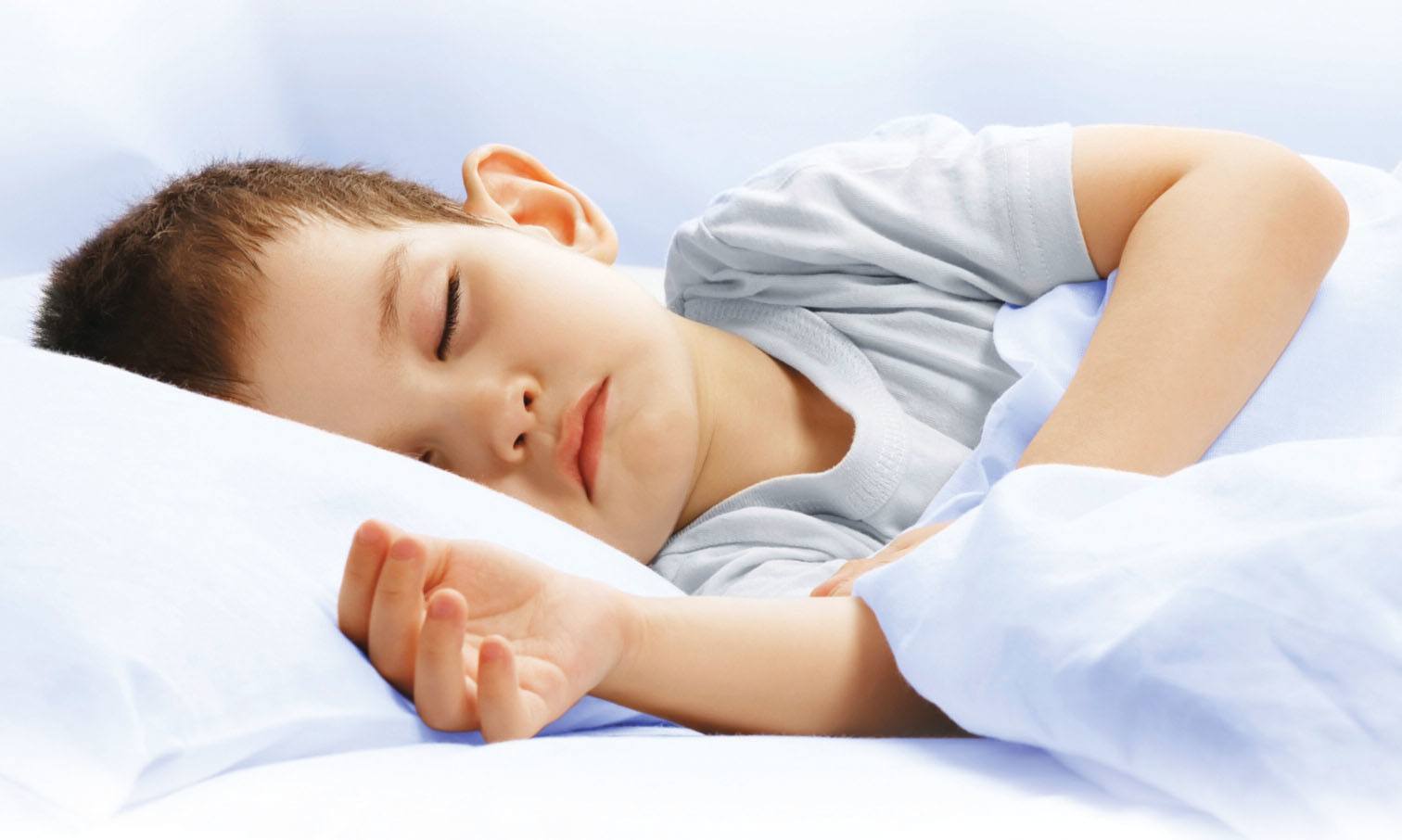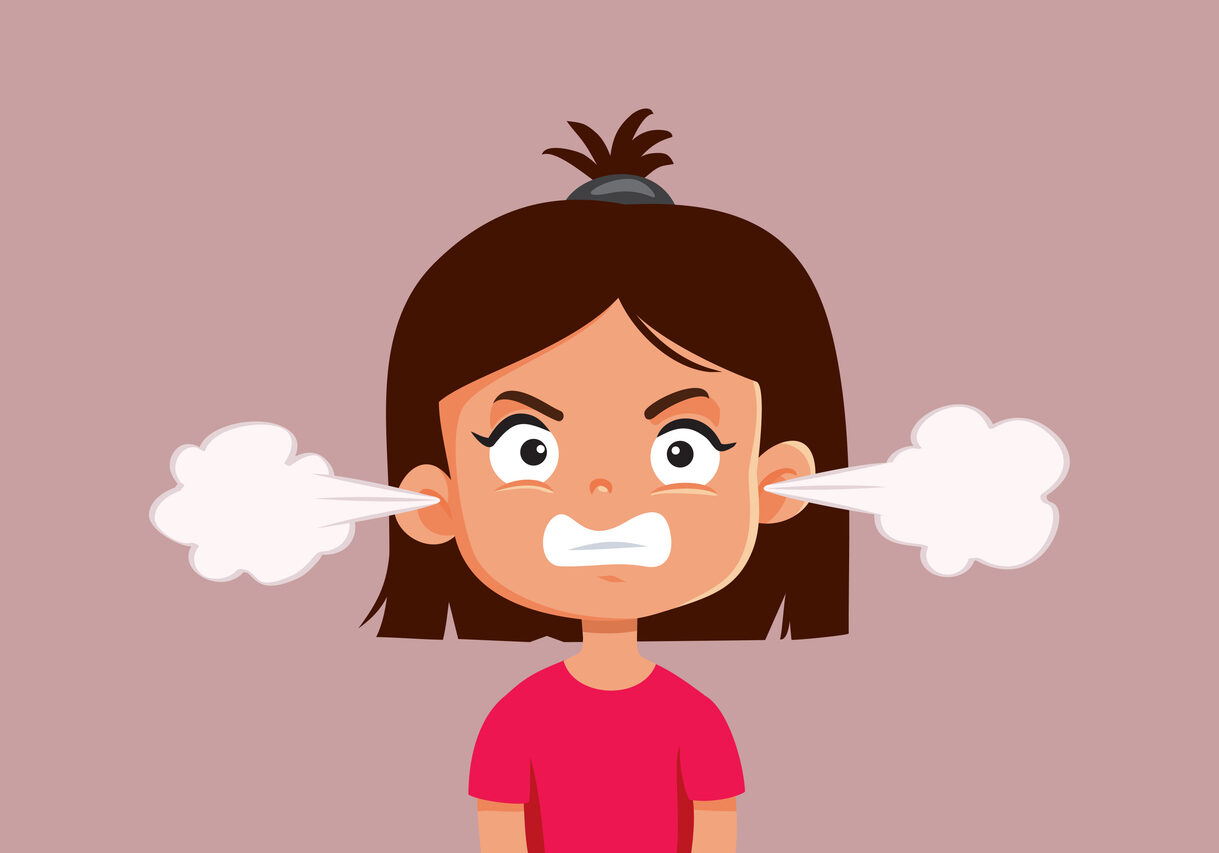
Sleeping in Summer
With the summer holidays there are now a few more factors that can make getting restful sleep for your child more challenging. Luanne Bruneau MSc, Certified Child Sleep Consultant by The Family Sleep Institute and Founder of Baby Sleep Right, gives Northern Life Family readers seven child sleep tips to beat the summer heat and get a restful night’s sleep!
Tip 1: Block out the light
Probably one of the biggest challenges with the summer weather is the longer days. We have light earlier in the morning and later in the day, which may seem to encourage your early riser or bedtime battler. Sunlight is a key factor regulating
our sleep cycles. Longer exposure will interfere with melatonin production, which would normally have an effect to make you feel drowsy. Keep your child’s room as dark as possible.
Use blackout shades, or if that’s not in the budget use dark coloured bed sheets thrown over your curtain rod or even bin bags taped to the window. If you’re travelling, bring the bin bags and some tape with you to ensure you can keep your hotel room as dark as possible if black out shades aren’t available in your room.
If your child sleeps with the door open, but you know that light from another room in the hallway may be bright enough to disturb the darkness of your child’s room, close the other room’s door and/or ensure the windows in that room are also covered.
Tip 2: Keep coolJust like when your child has a fever, when the temperature of the room is too hot they’ll be uncomfortable enough to wake up. Excessive heat and humidity can disrupt sleep. The recommended room temperature is between 18-22 C (64-72F) with a humidity of about 50-65%.
Dress appropriately and limit bedding. Heat is lost through the head, hands and feet, so keep them uncovered. You may decide to skip the pyjamas and let your child sleep in a T-shirt and nappy if it is an especially hot night.
Don’t worry about drying your child’s hair before going to bed, as the water from your child’s hair evaporates it will create a cooling effect. During the day, prevent your rooms from overheating by keeping the blinds shut.

Tip 3: Stay hydrated
With all the extra heat and excitement, your child is likely to be more active during the day and may sweat more than usual. Ensure that he/she is well hydrated during the day and before bed. Dehydration interferes with melatonin production, which we know is an important part of inducing healthy sleep.
Tip 4: White noise
Personally I’m a fan of singing birds in the summer, but I’ve chatted with many parents who curse the birds chirping away at that first sign of light, or other noises at different times of the day that make it hard to persuade their little one to go or stay asleep. Use a specially designed white noise machine, air purifier, or fan to drown out irregular background noise. Keep it on all night, and you may want to use it during nap time too! With the summer weather on its way, neighbours will want to take advantage of their patios and decks and may be out later than usual, perhaps even talking louder than usual depending on their beverage of choice. Early birds (the literal ones and the neighbours who like to mow their lawns at the crack of dawn) are going to cause new and out of the ordinary sounds in the morning – be ready to block that too.
Tip 5: Allergy management
With the nice weather, allergies tend to follow. Like spring, the biggest summer allergens are pollen. The most common summer pollen allergies are caused by grasses and weeds. However, dust mites also peak in the summer months.
Allergies can cause itchy, watery eyes and stuffy noses making it hard to breathe. If you’re the parent of a child with atopic dermatitis, more commonly referred to as eczema, allergies can make the itching worse. Itching leads to scratching which may introduce infection. ALWAYS talk with your doctor and/or pharmacist about using any over the counter or prescription drugs, including oral antihistamines to reduce allergy symptoms and topical creams/ointments to manage eczema/atopic dermatitis.
Bathe more frequently – washing will remove pollens from your child’s hair and skin that he/she may have come in contact with during the day.
Use an air purifier to prevent allergens from re-circulating in your child’s room. Keep the windows closed – this will prevent pollens from entering your home. Vacuum and change your child’s sheets at least once a week to reduce dust mites.
Nasal irrigation – if your child tolerates it, you can remove pollens and allergens trapped in the nose that may be causing irritation.
Tip 6: Keep to your schedule
Sure it’s beautiful and you all want to enjoy each others’ company as much as possible with the nice weather. This may also risk your child not getting the amount of sleep they need and create a sleep debt. An overtired child is more likely to wake up at night and wake up earlier. So keep to your schedule as much as possible and honour the amount of sleep that your child needs to have. Keep in mind that your child’s bedtime may get a little bit later and it’s OK to have flexibility on this. But don’t be afraid to offer your child an earlier bedtime, when you feel that your child isn’t dealing well with the reduction in sleep hours.
Tip 7: Outdoor activity
Take advantage of as much outdoor activity as possible! Fresh air and physical activity scheduled earlier during the day will help your child sleep better and won’t interfere with your child’s sleep schedule. Exposure to sunlight will also help prime the body for melatonin production once you bring your child into a darker environment. While it’s great to get out in the sun, keep in mind that you also want to stay well hydrated during the day and avoid sunburn.



